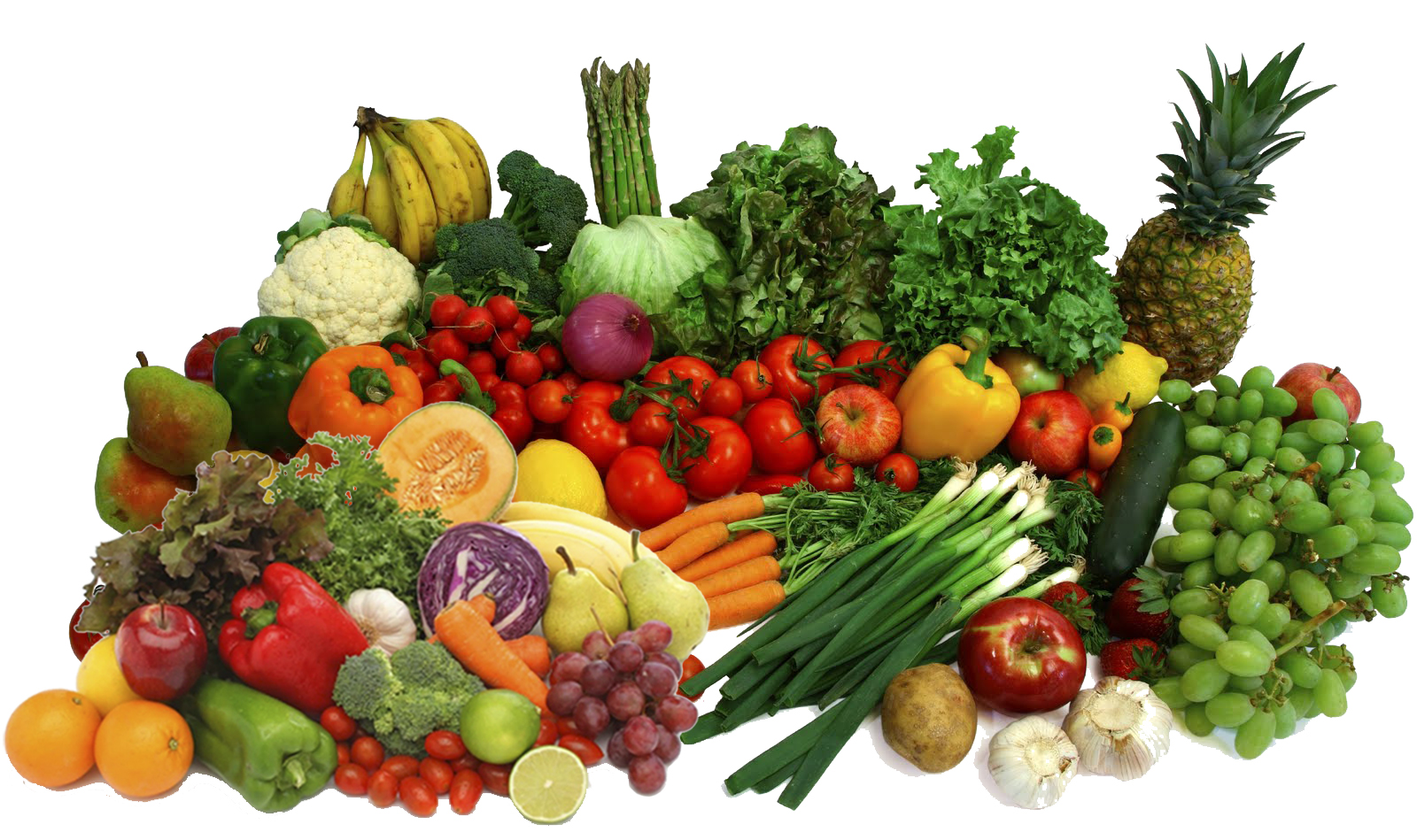Vitamin for Diet Health

What are Vitamins?
Vitamins are organic compounds that our bodies need in small amounts to function properly. They are essential nutrients that we cannot produce on our own, so we must obtain them through our diet or supplements. There are 13 essential vitamins, each with its own unique function and benefits.
The Top Vitamins for Diet Health
Vitamin A
Vitamin A is important for maintaining healthy vision, skin, and immune function. It's found in foods like sweet potatoes, carrots, spinach, and liver.
Vitamin B
There are eight different B vitamins, each with its own unique function. They help convert food into energy, support brain function, and maintain healthy skin and hair. Foods rich in B vitamins include whole grains, nuts, seeds, and leafy greens.
Vitamin C
Vitamin C is a powerful antioxidant that helps support our immune system and promotes healthy skin. It's found in citrus fruits, strawberries, bell peppers, and broccoli.
Vitamin D
Vitamin D is important for maintaining strong bones and teeth. Our bodies can produce vitamin D when we are exposed to sunlight, but it can also be found in fatty fish, egg yolks, and fortified dairy products.
Vitamin E
Vitamin E is another antioxidant that helps protect our cells from damage. It's found in nuts, seeds, and leafy greens.
Vitamin K
Vitamin K is important for blood clotting and bone health. It's found in leafy greens, broccoli, and soybeans.
The Benefits of Getting Enough Vitamins
Getting enough vitamins is crucial for maintaining a healthy diet and supporting our overall health. Here are some of the benefits of getting enough vitamins:
- Improved immune function
- Increased energy levels
- Healthy skin, hair, and nails
- Strong bones and teeth
- Improved brain function
The Drawbacks of Taking Too Many Vitamins
While getting enough vitamins is important, taking too many can be harmful. Here are some of the drawbacks of taking too many vitamins:
- Nausea
- Vomiting
- Diarrhea
- Headaches
- Dizziness
- Increased risk of certain health problems
Conclusion
Overall, getting enough vitamins is crucial for maintaining a healthy diet and supporting our overall health. By focusing on foods rich in vitamins A, B, C, D, E, and K, we can ensure that our bodies get the nutrients they need to function properly. However, it's important to be mindful of the potential drawbacks of taking too many vitamins and to always consult with a healthcare professional before starting any new supplement regimen.
FAQ
1. Can I get enough vitamins from my diet alone?
Yes, it is possible to get enough vitamins from your diet alone. However, some people may need to take supplements to meet their daily recommended intake.
2. Are there any vitamins that I should avoid taking together?
Yes, some vitamins can interact with each other and affect their absorption. For example, taking large doses of vitamin C can interfere with the absorption of vitamin B12.
3. Can I get too much vitamin D from the sun?
It is possible to get too much vitamin D from the sun, but it's rare. Most people get enough vitamin D from moderate sun exposure and their diet.
4. Can taking too many vitamins be harmful?
Yes, taking too many vitamins can be harmful. It's important to stick to the recommended daily intake and to always consult with a healthcare professional before starting any new supplement regimen.
